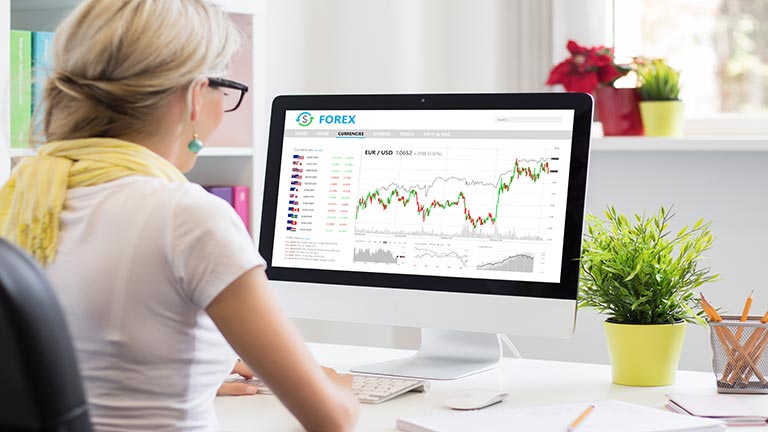Being Wise During Corporate Reporting Season

By Dale Gillham

Earnings season, also referred to, as corporate reporting season, is the time during which publicly listed companies report their earnings and, in some cases, their projected earnings to the public. For ASX-listed companies, earnings are reported to shareholders at least twice a year, within two months of the end of their balance sheet date.
As most companies have balance sheet dates as of 30 June, the main reporting season takes place in August when companies release their full-year results and in February when they release their half-year results.
That said, not all companies have a balance sheet date as of 30 June. This includes three of the big four banks, namely NAB, ANZ and Westpac, as they have a 30 September balance sheet, which means they must report in November (or within two months of the end of their balance sheet date).
You can find a company’s reporting dates by referring to the investor centre on their website.
So what do you need to know about corporate reporting season and how can you make wise investment decisions during this period?
What information is reported?
Most companies will share several documents to help shareholders, analysts, investors and the public analyse and assess the performance of the company. The full or half-year results are typically where the bulk of the financial information can be found, and some companies also choose to share their annual report at the same time. Companies may also deliver a results presentation to analysts and the media either face-to-face or by conference call.
Why is earnings season important?
Earnings season is a very active time in the market where analysts and investors review a company's financial statements to decide whether they will make any changes to their positions. Consequently, you will often see stocks being more actively traded when a company has released their financial report, as the market reacts to new data.
What to look for when reviewing financial statements
While the information provided can be overwhelming, there are a few areas to look at and questions to ask when assessing the results.
- Did the company’s revenue and income decrease or decline?
- Is the profit or loss realised or unrealised?
- Did the company pay any dividends, as this could be a positive sign for the company’s financial health?
- How is the company performing relative to last year?
- What are the company’s goals and plans for the future and will this lead to increased earnings in the future?
You can review the four key fundamental factors that I encourage all traders and investors to analyse before investing in stocks. More astute investors may also like to use various financial ratios to help make sense of the financial numbers. These ratios can be used to compare a company to its peers and the benchmark of an industry. They can also help put the numbers into context and provide a more accurate assessment of the company and its financial performance.
What does earnings season mean for traders?
It’s not until a company reports to the market that you get the chance to find out what’s going on with the company. However, sometimes a company will make announcements to the market outside of those dates to keep the market informed.
Either way, when a company reports to the public, the stock price can move up or down depending on the reaction from analysts and investors.
This is why, as earnings season progresses, you will often see the share price fluctuate quite heavily and become volatile, which has the potential to spike interest from traders into buying or selling these companies.
However, before you consider doing this, it is important to keep in mind that you should never trade on speculation; rather it is better to always trade on confirmation. That said, if a company is moving down, you should never invest in the hope that someday it will move back up because, in my opinion, someday never comes.
Therefore, take the time to review the opinions of analysts when reports are released or analyse the data on a stock chart to gauge the public’s perception. This way you will be able to make a more informed decision before you decide to buy or sell a company.
Managing your risk
Remember, before you invest in a company, it’s important to manage the risk you are taking, as past performance is not an indicator of future performance. By analysing the important aspects of a company’s performance and reviewing the company’s stock chart, you can build a clearer picture before making any decisions to buy or sell a particular stock.






